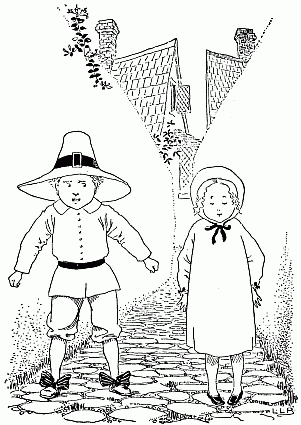"Is everything okay, honey?" Sally passed him the gravy.
"I need to move to Italy," he stated slowly, looking her in the eyes. "Nonee is too sick, and she has no one to help her. She completely refuses to leave, but she is on her deathbed alone." Sally took in his words, hearing each one but shocked at how unexpected it was.
"Well, I guess you have to do what you have to do," Sally stood up to fill up their tea's.
He spoke with his employer and booked his flight. Before she knew it, she was sleeping alone. The days were easy, because Sally was always at work. The nights were what made it hard. Weeks passed by, and then months. They rarely got to speak due to the cost of calling.
A telephone similar to the one Sally and Raymond talked on (Wiki)
Sally's family began questioning Raymond's story. Some said that he must have moved on, because they are never able to speak. Sally showed them the letters he had written her. They were so passionate, and all he talked about was how much he loved and missed her. Despite her debating their constant questions, she too began to question her husband's love after many more months passed.
One day, Sally received a call from Raymond that finally ended their strife. He said he had finally saved enough money to come home, and that he would be there on the next flight. She was both overjoyed and filled with dread at the same time.
Raymond arrived two days later, and Sally was as cold as ice when he stepped off of the plane. He could not understand what was wrong. She handed him the car keys and then she took the subway back to their apartment.
"I can't be with you anymore," Sally picked up the living room nervously. Raymond was shocked.
"What? What have I done? Is it someone else?" Raymond cried. He had not even considered her being unfaithful, but what if that was it?
"Hah. A handsome man like you. There is no way you went a year without sleeping with anyone." Sally shouted. She handed him his suitcase. She calmly walked to her bedroom and locked the door. Her mind was completely made up, and he was not changing it. After a short time of silence she finally heard the front door open then close.
It is what had to be done. Her family would now leave her alone, and she could move on with her life. She knew if she had stayed with him her family would have questioned her judgement and forever questioned her dear Raymond.
She swore to never love another, as did he. They lived unhappily ever after.
Author's Note. This story is loosely based on Rama (Raymond) and Sita (Sally) in the Ramayana. This week, I watched the film "Sita Sings the Blues" and I was (once again) shot in the heart by the terribly sad ending to this love story. Because of this, I decided to write a story similar in modern days terms (and reverse the male/female roles) to, once again, show how silly it was that Rama did what he did.
Bibliography. The film "Sita Sings the Blues" was created by Nina Paley in 2008. It can be found on YouTube here.








